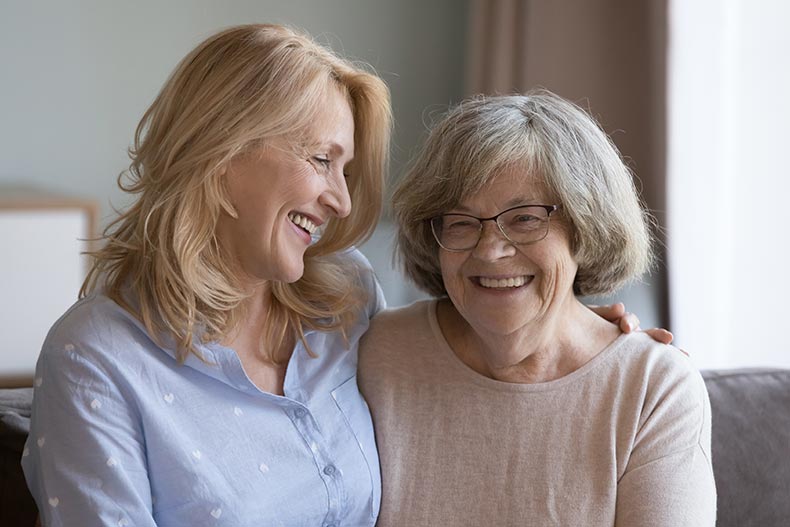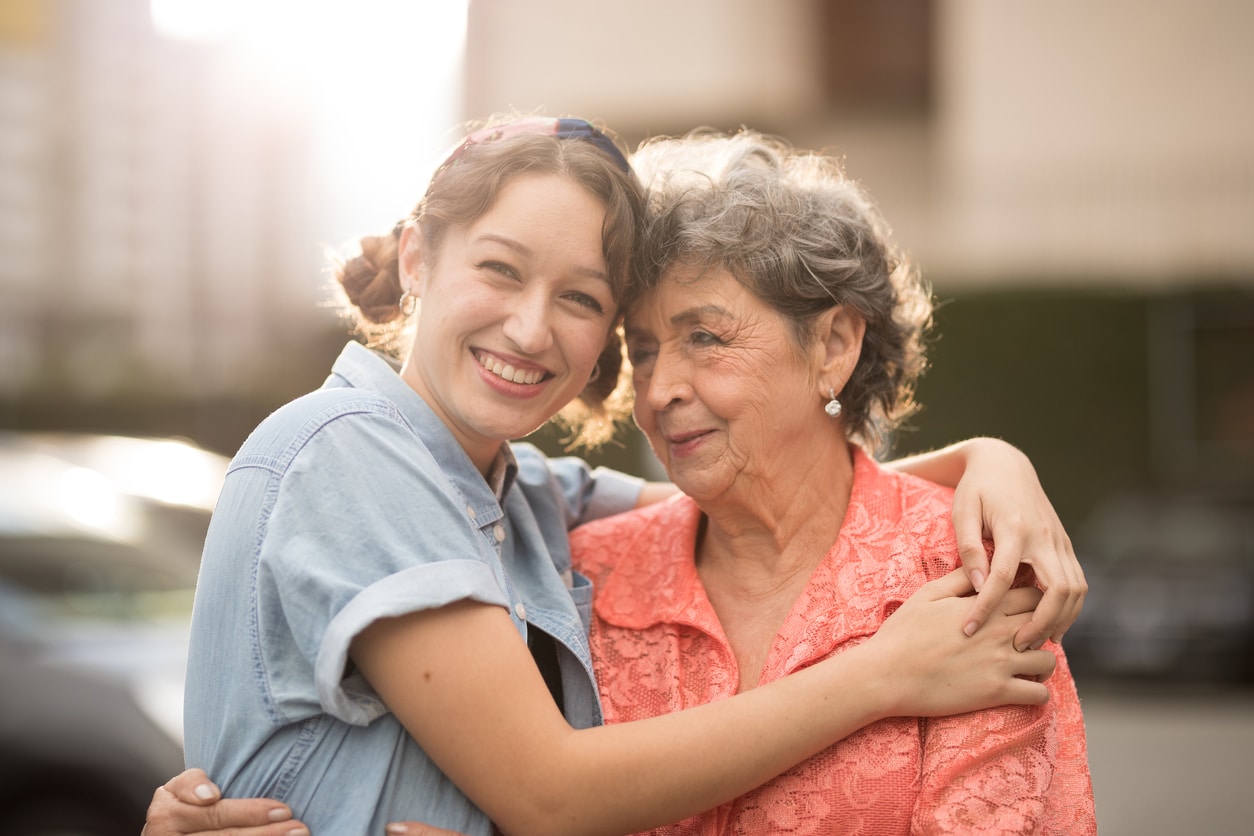Moving to a 55+ community can be very exciting. There are many opportunities to mingle with people closer to your age. But potential residents may wonder if everyone living in the house has to be 55 or older, and it’s a valid question. Are there age restrictions for active adult communities? And how do you find out before you move in? We have the answers to these questions and more.
What Are 55+ Communities?

For anyone 55 and over looking for a place where things are relatively calm with no wild parties, there are options out there. They are known as either 55+ communities or active adult communities.
Adults who meet the age requirements will find a place where they can relax with people their age. They can start clubs, play tennis, swim in the pool, or relax in the library reading a good book.
How Exclusive Are Active Adult Communities?

The term 55+ alludes to the fact that only people who fit these criteria can live in a 55+ community. In some cases, this is true. There are communities out there that only allow certain age groups to live there. The golden age isn’t always 55, however. Sometimes, it may be 62.
There’s no hard and fast rule about the age limit. Whoever manages the community determines the age limit, and each community sets its own unique set of rules.
Are Age Restrictions Legal?

The Fair Housing Act states that no one can be discriminated against when it comes to picking a place to live. This applies to race, skin color, gender, country of origin, and religious affiliation. Noticeably missing are age limits, and this is due to an amendment made in 1995, according to the U.S. Department of Housing and Urban Development.
The Housing for Older Persons, or HOPA, makes it possible for 55+ communities to exist. Some of the exemptions provided by HOPA include sole occupations by individuals 62 years or older, as well as being operated and intended for occupancy by individuals who are 55 or older.
This comes with some requirements, which include:
- At least 80% of the residential homes must have someone 55 or older living in the residence. This is known as the 80/20 rule.
- There has to be a clear declaration that the community is designed for residents of a specific age.
- The community must be able to prove that they’re meeting the HOPA requirements.
How Many Residents Have To Be 55+?

The Fair Housing Act states that at least one resident must be 55 or older. Some active adult communities take this a step further by setting age restrictions, such as creating rules that state other residents in the home must be 40+.
The 80/20 rule allows individuals younger than 55 to live in the community. The community itself gets to determine the age limits, however. For some communities, residents must be at least 18 or older.
But what if something happens? In the case that the resident over 55 passes away, and everyone else in the household is younger, then the 80/20 rule will protect them. For example, if someone who is 51 is married to someone who is 55 or older, they won’t lose their home if their spouse passes away or has to be placed in long-term care.
Can Children Live in a 55+ Community?

Life happens, and you may find yourself needing to provide a home for your grandkids, or someone who is under 18, either temporarily or permanently. If you’re currently living in a 55+ community, you may have questions about whether minors can live with you.
This depends on your specific community. In most cases, it’s fine to have a minor spend the night. They may even be allowed to stay multiple nights, but there’s usually a limit. This is usually up to a month. You’ll have to check the rules and regulations for your specific community to find out how long children may stay.
Generally, 55+ communities do not allow kids as full-time residents. The golden age is 18 and up. Most people who move to a 55+ community are doing so because they want peace. Kids riding skateboards, screaming while they play tag, and hitting baseballs in the backyard that could hit a window are just some of the things that they want to avoid.
Some communities are more understanding about kids moving in and will allow it. If you want your grandkids to stay longer, reach out to your local community and ask for an exception.
Do Active Adult Communities Have To Let People Move in Who Are Under 55?

While it may seem unfair to people under 55 who want to move in, the answer is no. The 80/20 rule does not mean that 55+ communities have to allow in younger residents. It just means that 80% of the residents have to be at least 55. Most communities aren’t quite this strict, but they do exist, so make sure you find out before you sign any contracts.
How Do You Learn About the Community Rules?

The easiest way would be to contact whoever is running the community. They can give you a quick answer, and it can cut through all the confusion.
This is the type of thing you need to know before you move in, however. Ask questions, read over your contract carefully, and talk to residents living there. You may also be able to find more details online.
Finding the Right 55+ Community
More and more 55+ communities are popping up all over the United States. Whether you want to live near the ocean, settle down in the mountains, or prefer to live in a busy city, there’s a community out there for you.
We can help narrow the search down. Here at 55places, we have the top real estate agents in the business. We can guide you through the process of locating your next community by helping you narrow down the possibilities, tour communities, answer questions, and guide you through the paperwork. Contact us today!







